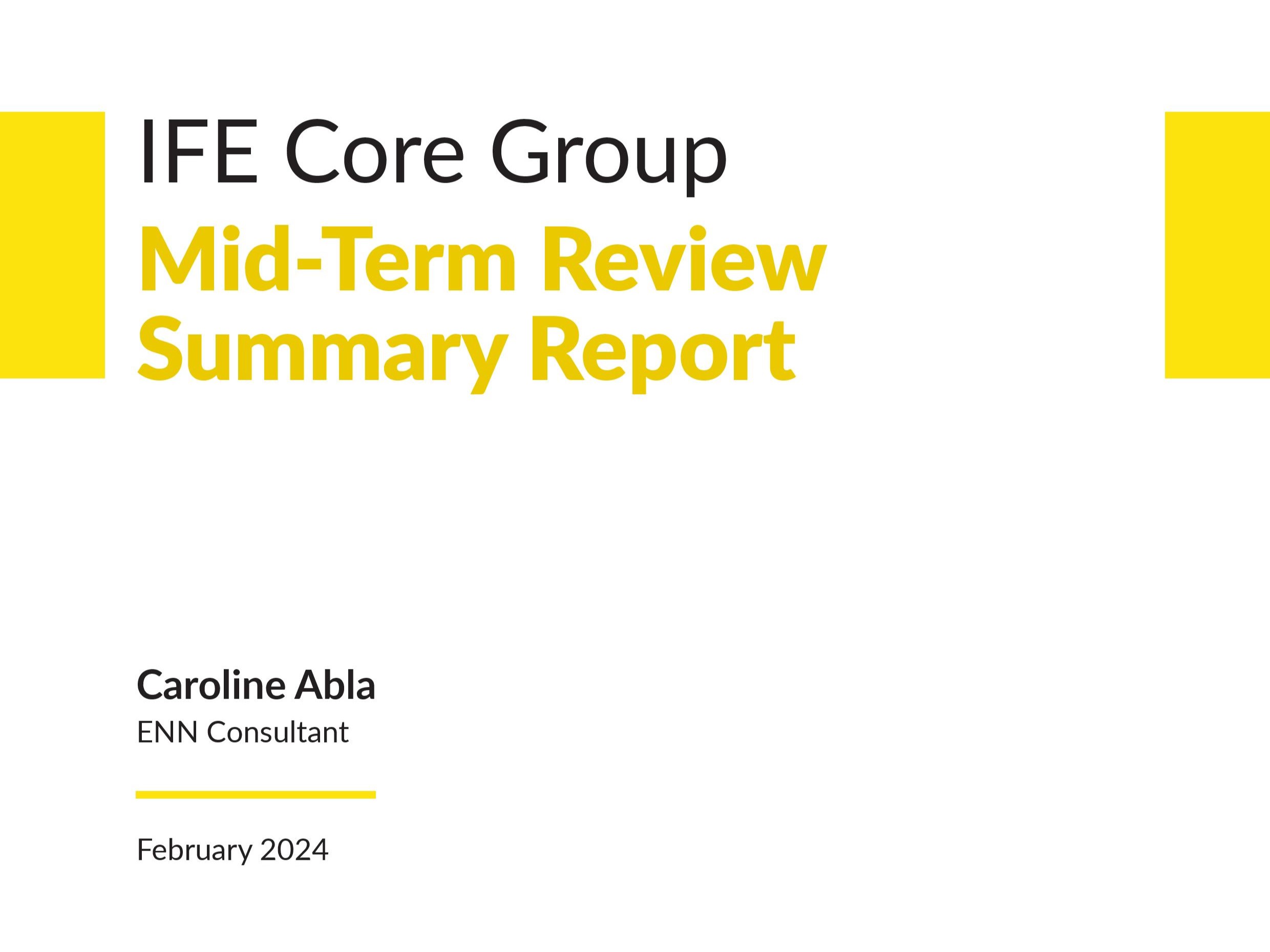Navigating Life With ADHD: Exploring Our ADHD Minds

Table of Contents
Understanding the ADHD Brain
The Neuroscience of ADHD
The ADHD brain differs neurobiologically from neurotypical brains. Understanding these differences is crucial for effective management. ADHD neurobiology involves imbalances in key neurotransmitters like dopamine and norepinephrine, which affect attention, motivation, and impulse control. These imbalances impact the brain's executive functions, essential for planning, organizing, and self-regulation.
- Neurotransmitter imbalances: Reduced dopamine and norepinephrine activity can lead to difficulties with focus, concentration, and emotional regulation.
- Structural differences in brain regions: Research suggests subtle structural differences in certain brain regions associated with attention, impulse control, and working memory in individuals with ADHD. These differences contribute to the characteristic symptoms of ADHD. Further research continues to illuminate the complexities of ADHD neurobiology. Understanding the ADHD executive function deficits is key to developing effective coping strategies.
Common ADHD Symptoms & Presentations
ADHD presents differently in individuals, with symptoms varying in severity and type. The three main presentations are:
- Inattentive presentation: Primarily characterized by difficulty paying attention, being easily distracted, and struggling with organization.
- Hyperactive-impulsive presentation: Characterized by excessive restlessness, impulsivity, and difficulty remaining still.
- Combined presentation: A combination of inattentive and hyperactive-impulsive symptoms.
ADHD symptoms in adults often differ from those in children. While hyperactivity may lessen in adulthood, challenges with focus, organization, and emotional regulation often persist. Common ADHD symptoms across age groups include:
- Distractibility
- Impulsivity
- Hyperactivity (in children, more pronounced)
- Difficulty with organization and planning
- Problems with time management
- Emotional dysregulation
Daily Life Challenges with ADHD
ADHD significantly impacts various aspects of daily life. Understanding these challenges is the first step towards effective management.
Academic/Professional Challenges
Academic and professional settings often demand sustained attention, organization, and time management – areas where individuals with ADHD may struggle. This can lead to:
- Procrastination
- Difficulty meeting deadlines
- Organization struggles (e.g., losing things, messy workspaces)
- Challenges with multitasking and prioritizing tasks
- Difficulty with sustained attention during lectures or meetings
Academic accommodations for ADHD, such as extended time on tests or preferential seating, can significantly improve academic performance. Similarly, workplace adjustments can help individuals with ADHD thrive in professional settings. Understanding the specific challenges in these contexts is vital for developing effective strategies.
Social & Emotional Challenges
ADHD is often associated with social and emotional difficulties. The impulsivity and difficulty with emotional regulation characteristic of ADHD can strain relationships. These challenges can manifest as:
- Impulsivity in social situations leading to inappropriate comments or actions
- Difficulty understanding and responding appropriately to social cues
- Challenges with emotional regulation, leading to outbursts or intense emotional reactions
- Relationship challenges due to communication difficulties and impulsivity
- Social anxiety stemming from fear of social situations and negative experiences
Building social skills and developing emotional regulation techniques are crucial for navigating these challenges.
Physical Health Concerns
ADHD is frequently linked to other health concerns, emphasizing the importance of a holistic approach to management. These comorbid conditions can include:
- Sleep disturbances (insomnia, sleep apnea)
- Increased risk of anxiety and depression
- Higher rates of certain physical health conditions (e.g., obesity, cardiovascular issues)
Addressing these comorbid conditions is vital for overall well-being. Improved sleep hygiene, stress management techniques, and regular check-ups with healthcare professionals are essential for maintaining good physical and mental health. The connection between ADHD and mental health should not be overlooked.
Effective Strategies for Managing ADHD
Managing ADHD requires a multifaceted approach that combines medication, therapy, and lifestyle adjustments.
Medication Management
Medication is a common and effective treatment for ADHD. Stimulant and non-stimulant medications can improve focus, reduce impulsivity, and enhance organization. However, medication management requires close collaboration with healthcare professionals.
- Different types of ADHD medication: Stimulants (e.g., methylphenidate, amphetamine) and non-stimulants (e.g., atomoxetine) are available, with choices dependent on individual needs and responses.
- Potential side effects: Side effects vary depending on the medication and individual. Open communication with a doctor is crucial to address any concerns.
- Importance of regular monitoring: Regular check-ups with a healthcare professional are essential to monitor medication effectiveness and adjust dosages as needed. Finding the right medication and dosage is a process that often requires patience and collaboration.
Therapy & Coaching
Therapy and coaching provide valuable support in developing coping mechanisms and strategies for managing ADHD. These approaches can:
- Cognitive Behavioral Therapy (CBT): Helps identify and modify negative thought patterns and behaviors that contribute to ADHD challenges.
- Behavioral therapy: Focuses on learning and practicing strategies for managing impulsivity, improving organization, and enhancing self-regulation.
- ADHD coaching: Provides personalized support and guidance in developing strategies for academic, professional, and personal success.
Lifestyle Adjustments
Lifestyle adjustments can significantly impact ADHD management. These include:
- Regular exercise: Improves focus, reduces stress, and boosts mood.
- Healthy diet: A balanced diet can contribute to stable energy levels and improved brain function.
- Sufficient sleep: Prioritizing sleep hygiene is crucial for cognitive function and emotional regulation.
- Mindfulness techniques: Mindfulness and meditation can help improve focus and reduce impulsivity.
Conclusion
Navigating life with ADHD presents unique challenges, but with the right understanding and strategies, it is entirely possible to live a fulfilling and productive life. By understanding the intricacies of the ADHD brain, acknowledging the common struggles, and implementing effective management strategies encompassing medication, therapy, and lifestyle adjustments, you can significantly improve your quality of life. Remember, a holistic approach is key.
To begin your journey towards better managing your ADHD, schedule an appointment with a healthcare professional. Research support groups and explore resources online to connect with others who understand your experiences. Living with ADHD is manageable, and with the right support and strategies, you can thrive. Understanding your ADHD and proactively seeking the appropriate resources will empower you to navigate life with confidence and success.

Featured Posts
-
 Market Rally S And P 500 Up Over 3 Following Trade Truce
May 13, 2025
Market Rally S And P 500 Up Over 3 Following Trade Truce
May 13, 2025 -
 Optimizing Commodities Operations Walleye Cuts Credit And Core Group Strategy
May 13, 2025
Optimizing Commodities Operations Walleye Cuts Credit And Core Group Strategy
May 13, 2025 -
 Bosses Talk Tough The Shifting Power Dynamic In The Workplace
May 13, 2025
Bosses Talk Tough The Shifting Power Dynamic In The Workplace
May 13, 2025 -
 Nea Dedomena Gia Ton Megalo Kataklysmo Tis Mesogeioy Mia Epistimoniki Proseggisi
May 13, 2025
Nea Dedomena Gia Ton Megalo Kataklysmo Tis Mesogeioy Mia Epistimoniki Proseggisi
May 13, 2025 -
 The Impact Of Trumps Refugee Policy South African Arrivals In The United States
May 13, 2025
The Impact Of Trumps Refugee Policy South African Arrivals In The United States
May 13, 2025
